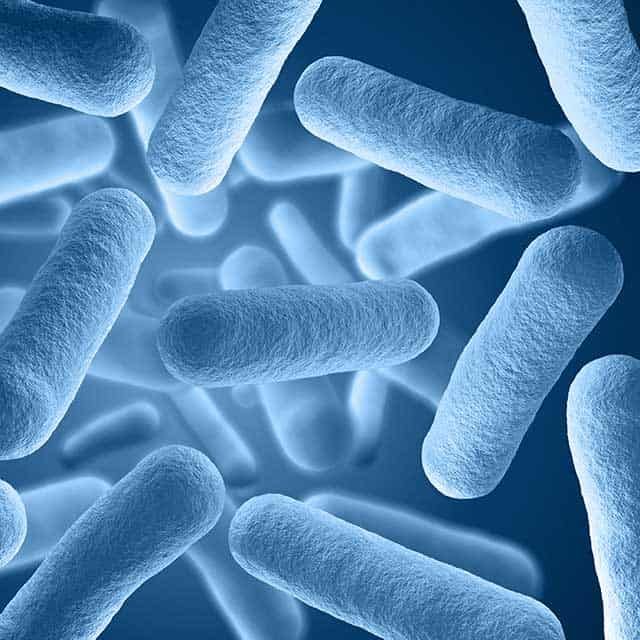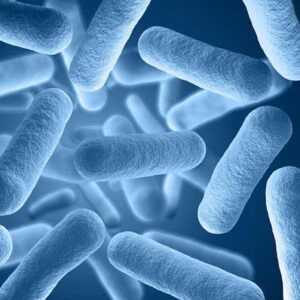The Human Microbiome: Why You Are More Bacteria Than Human

The Human Microbiome: Why You Are More Bacteria Than Human
Did you know that your body is home to trillions of bacteria, and they actually outnumber your own cells? While this might sound unsettling, these tiny microorganisms play a crucial role in keeping you healthy. Let’s dive into the fascinating world of the human microbiome and discover why you are, in a way, more bacteria than human!
The Numbers Game: More Bacteria Than Human Cells
For years, scientists estimated that bacteria in the human body outnumber human cells by a ratio of 10 to 1. However, more recent research suggests a closer ratio of 1.3 to 1, meaning for every human cell, there is a little more than one bacterial cell. These microorganisms are particularly concentrated in the gut, but they also reside on the skin, in the mouth, and even in the lungs.
The Role of the Microbiome
The collection of bacteria, viruses, and fungi living in and on our bodies is called the microbiome. Far from being harmful, most of these microbes are essential for our well-being. They help digest food, produce vitamins, regulate the immune system, and even influence mood and brain function.
- Gut Health & Digestion: Beneficial bacteria help break down complex carbohydrates and produce short-chain fatty acids, which are vital for energy and gut health.
- Immune System Support: The microbiome plays a key role in training the immune system to distinguish between harmful pathogens and harmless substances.
- Mental Health Connection: Studies suggest that gut bacteria can impact brain function and mood through the gut-brain axis, potentially influencing anxiety and depression.
Maintaining a Healthy Microbiome
A balanced microbiome is essential for overall health, but modern lifestyles can disrupt it. Factors like poor diet, stress, excessive antibiotic use, and lack of sleep can harm beneficial bacteria. Here are some ways to maintain a healthy microbiome:
- Eat a diverse, fiber-rich diet with fruits, vegetables, and whole grains to nourish beneficial gut bacteria.
- Include fermented foods like yogurt, kimchi, and sauerkraut, which contain probiotics that support gut health.
- Limit processed foods and antibiotics to avoid disrupting the balance of your microbiome.
- Stay active and manage stress, as both can positively influence microbial diversity.
Conclusion
The idea that you are more bacteria than human may sound strange, but these tiny organisms are vital allies in maintaining your health. By taking care of your microbiome, you can improve digestion, boost immunity, and even support mental well-being. So, the next time you think about your body, remember—you’re a walking ecosystem!





Leave a Reply